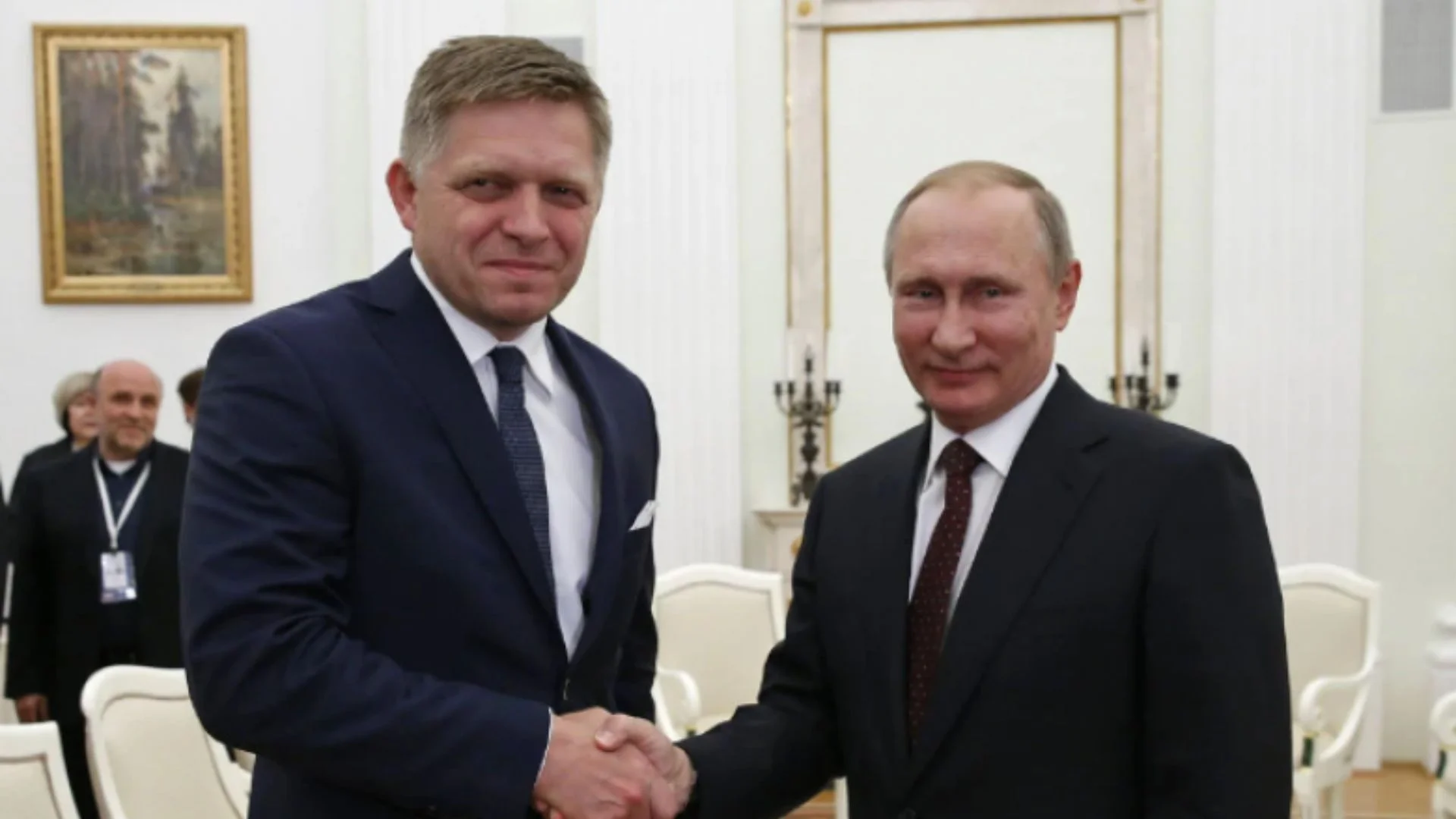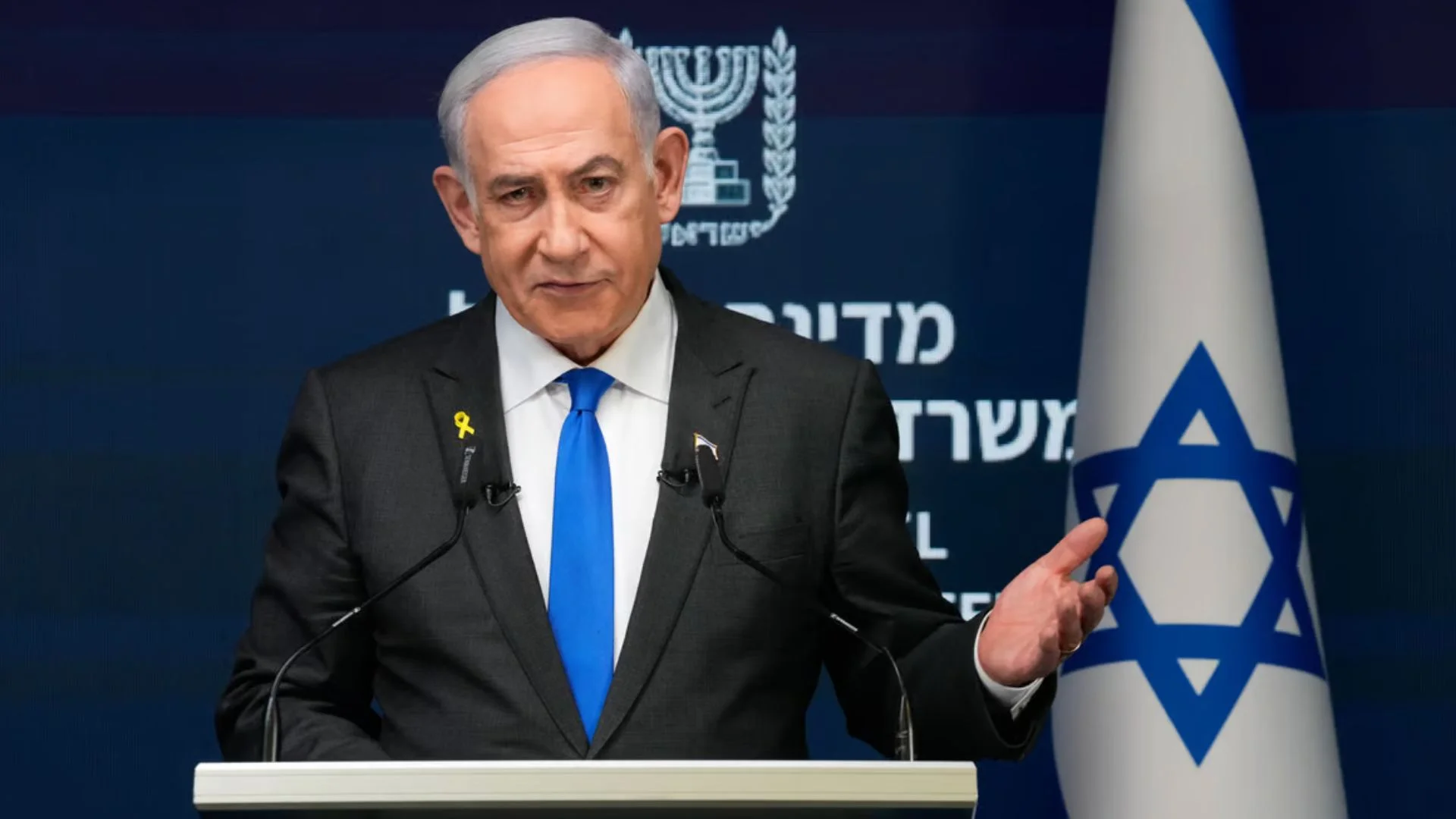The book ‘Kathmandu Chronicle: Reclaiming India-Nepal Relations’ stands out for its blend of historical insights and forward-looking vision; Combining personal anecdotes with thoughtful analysis, the book goes beyond formal ties to explore broader avenues for collaboration
In the intricated world of international relations, few bonds are as paradoxical as that between India and Nepal. ‘Kathmandu Chronicle: Reclaiming India-Nepal Relations’ by K V Rajan and Atul K Thakur explores this dynamic relationship with meticulous detail and fresh perspectives, shedding light on its turbulent past and the potential for a reinvigorated future. The book, written by seasoned diplomat Amb K V Rajan, India’s longest-serving ambassador to Nepal (1995-2000), and Atul K Thakur, a distinguished policy professional and a long-time scholar on Nepal’s affairs, offers absolutely a new narrative that oscillates between hope and caution.
The work seeks to answer some fundamental questions such as why do anti-Indian protests happen often in Nepal, and why is there so much distrust despite India’s good intentions? ‘Kathmandu Chronicle’ sheds light on these pertinent issues with stories that haven’t been widely known before. The best part of it is that the work seeks to respond to these queries through anecdotes, research, and clear explanations, uncovering in both implicit and explicit manner, the real causes behind the strained relationship between India and Nepal.
The book comes out with rich observations on almost every pages, “Nepal registered several significant turning points in a relatively short span of time—among them achievement, at last, of full-fledged multi-party democracy after two popular upheavals and not a little help from across the southern border; a peaceful negotiated end to ten years of violent Maoist insurgency and the mainstreaming of Maoists into the democratic polity; adoption of a Constitution (albeit somewhat imperfect and hastily rushed through); a peaceful and in the end dignified exit of the institution of monarchy; the assertion of a new identity as a secular federal democratic republic.”
Rajan and Thakur expertly and carefully explore the historical milestones and challenges that have shaped India-Nepal ties. From the royal family massacre to the Maoist insurgency, from political upheavals to democratic transitions, each event is dissected to reveal its impact on bilateral relations. Rajan’s firsthand experiences provide fascinating insights into the key players and their motivations, offering readers a nuanced understanding of the complex interplay of politics and diplomacy.
They further write in the book, “Nepal’s history in recent decades has been marked by tumultuous events and transformations, and its relations with India by sharp fluctuations. Many books on both subjects have been written by scholars and foreign policy practitioners, Nepalese as well as Indian. Yet, too many unanswered questions remain, about the hows and whys of the past, the depth and challenges of present trends, and prospects for the future, in an increasingly uncertain post-Covid world.” The authors’ unravel the diplomatic manoeuvres, showcasing India’s delicate balancing act in safeguarding its geopolitical interests while maintaining Nepal’s goodwill.
The authors’ candidly address the mutual distrust that has plagued India-Nepal relations. They attribute this to a failure on both sides to fully grasp each other’s aspirations and concerns. While India sometimes struggled to comprehend Nepal’s quest for sovereignty, Nepal, influenced by historical narratives, remained wary of Indian intentions. Yet, amidst the challenges, authors identify signs of optimism. Recent developments such as infrastructure projects and a growing recognition of each other’s geopolitical interests signal a shift towards stronger ties. The authors’ advocate for a pragmatic approach, emphasizing the importance of mutual trust, understanding, and cooperation in the post-COVID world.
We all know that the historical bond between India and Nepal has long been recognized, yet the current disconnect between the ruling elite and the younger generation in Nepal poses a challenge for India’s influence. While past political alliances formed strong ties between the two nations, these relationships have faded, leaving India with a weakened foothold in Nepali affairs. The nostalgia for bygone friendships is evident at public events, but it does little to address the evolving dynamics of the present. With historical ties no longer holding the sway they once did, India’s diplomacy in Nepal must adapt to this changing landscape by establishing new avenues for engagement and cultivating trust with the younger generation.
The book ‘Kathmandu Chronicle: Reclaiming India-Nepal Relations’ stands out for its blend of historical insights and forward-looking vision. Combining personal anecdotes with thoughtful analysis, the book goes beyond formal ties to explore broader avenues for collaboration. It envisions a future where India and Nepal deepen their connections through cultural, economic, and social engagement, aiming for a stronger and more enduring relationship. By emphasizing the potential for multifaceted cooperation, the book offers a roadmap for building a more robust partnership between these neighbouring countries, “Nevertheless, there is hope within and among friends outside Nepal, especially India, that it is on the right track, and that with patience, perseverance, experience and support, the kind of leadership and direction it desperately needs will emerge, and Nepal will experience a speedier and smoother transition to a minimum desirable level of governance and inclusive development.”
In this context, ‘Kathmandu Chronicle’ emerges not only as a historical analysis but also as a roadmap for the future. The authors Amb K V Rajan and Atul K Thakur highlight the importance of learning from the past while embracing new mindsets and innovative approaches to forge enduring relationships. Their vision of a model cooperative relationship between India and Nepal transcends generational gaps, emphasizing the need for both nations to evolve together in uncertain times. By heeding the lessons of history and adapting to the needs and aspirations of today’s youth, India-Nepal relations can regain its organic strength and pave the way for a stronger, more resilient bilateral partnership in the future. Something that is always wishful.
‘Kathmandu Chronicle’ is essential reading for anyone seeking a deeper understanding of India-Nepal relations. With its blend of historical insights, personal narratives, and forward-looking perspectives, the book is a timely reminder of the enduring bond between two culturally intertwined nations and the imperative of reclaiming and strengthening their ties.







